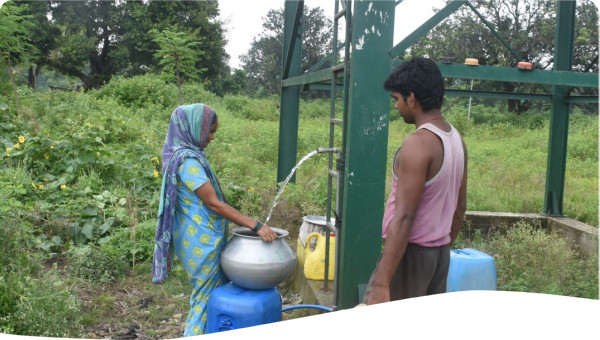The fundamental lesson that emerges from this survey of regulating state-owned and municipal water utilities in developing countries is that sector regulation has to be embedded in an adequate and consistent institutional framework in order to have a positive impact on performance. Sector regulation, by itself, is no guarantee of performance improvements in the drinking water supply and sanitation sector. Case studies and empirical analyses suggest that without significant changes in the supporting institutions, the standard tools of regulation will not be effective. This conclusion is disturbing, especially for developing countries, since it means that the establishment of a regulatory agency might raise hopes, but ultimately, the agency's rules are unlikely to improve performance without additional, politically difficult initiatives.
Description / Abstract
Publication year
Thematic Tagging
English
 Resource -
Resource -

